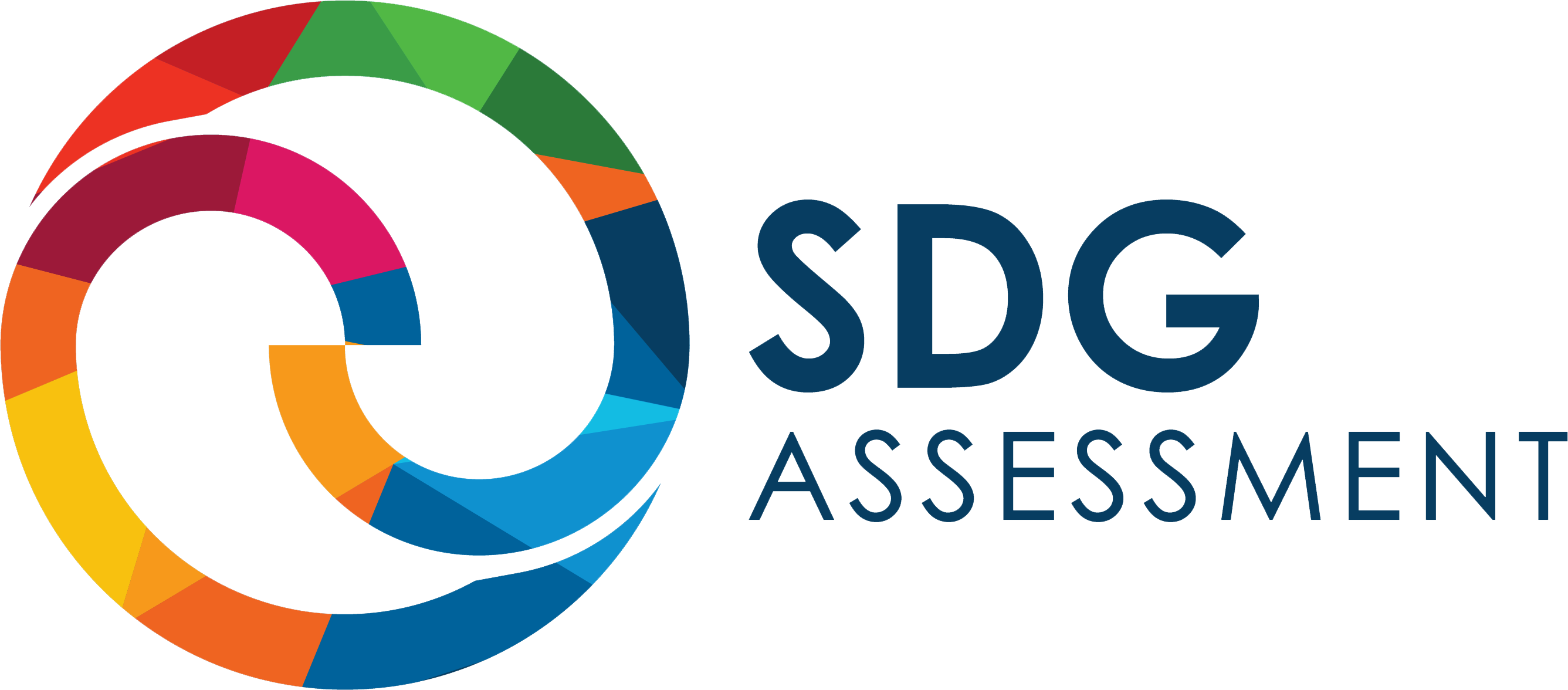International Sustainability Standards Board (ISSB) and the Sustainable Development Goals (SDGs): How do they align?
Author Dr Lowellyne James
As the world continues to face a range of environmental, social, and economic challenges, the importance of sustainability has become increasingly clear. In response, organizations and governments have turned to a variety of tools and frameworks to guide their efforts towards more sustainable practices. One such tool is the Sustainable Development Goals (SDGs), a set of 17 goals established by the United Nations in 2015 to promote sustainable development worldwide. Another is the International Sustainability Standards Board (ISSB), a proposed global sustainability standard-setting board.
Aligning for a Sustainable Future
So how do these two frameworks align, and how might they work together to drive progress towards a more sustainable future?
First, it’s worth noting that the ISSB is still in the early stages of development. It was proposed by the International Financial Reporting Standards (IFRS) Foundation in September 2021 as a potential new board to set sustainability standards for companies and other organizations. The goal of the ISSB would be to create a globally recognized set of standards that could be used to report on environmental, social, and governance (ESG) performance.
While the ISSB is not yet a reality, it has already drawn comparisons to the International Accounting Standards Board (IASB), which sets accounting standards that are used in more than 140 countries. Like the IASB, the ISSB would be an independent organization tasked with developing and maintaining standards that are widely adopted and recognized.
So how might the ISSB align with the SDGs? One way is by incorporating the SDGs into its standards. The SDGs provide a framework for sustainability that is widely recognized and understood, making them a natural fit for any global sustainability standards. In fact, many companies already use the SDGs as a guide for their sustainability reporting.
Another way the ISSB and SDGs might align is by promoting greater accountability and transparency around sustainability performance. The SDGs call for a range of actions, from reducing greenhouse gas emissions to promoting gender equality, that require ongoing monitoring and reporting. By establishing clear standards for ESG reporting, the ISSB could help companies and other organizations track their progress towards these goals and hold themselves accountable for achieving them.
Of course, there are also challenges to aligning the ISSB and SDGs. One potential issue is that the SDGs are primarily focused on social and environmental sustainability, while the ISSB’s mandate includes economic sustainability as well. This could create tensions between different sustainability priorities and lead to competing demands on organizations.
Overcoming Challenges
Another challenge is ensuring that the ISSB’s standards are widely adopted and recognized. The IASB’s success in this regard is due in part to its close relationships with national accounting standard-setters and regulators. The ISSB would need to build similar relationships with organizations and governments around the world to ensure that its standards are widely adopted and implemented.
Despite these challenges, there is reason to be optimistic about the potential for the ISSB and SDGs to work together towards a more sustainable future. By aligning their efforts, these two frameworks could provide a powerful tool for promoting sustainability and holding organizations accountable for their ESG performance. Whether or not the ISSB becomes a reality, it’s clear that sustainability will continue to be a critical priority for organizations and governments alike, and that the SDGs will remain a key guide for those seeking to promote sustainable development around the world.
Start your reporting journey with us:






